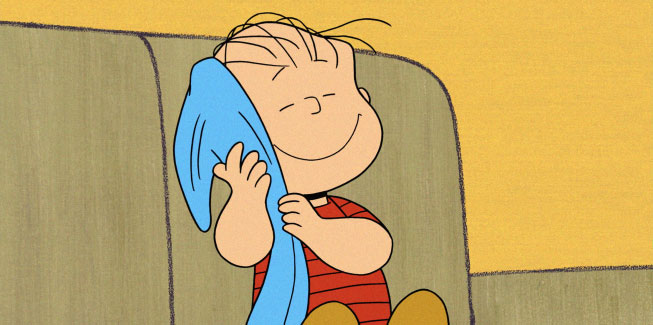
Making A Virtuous Racket
What goads us
into regarding all philosophers
with an equal measure of mistrust and mockery
is not that we are struck repeatedly
by how innocent they are
– how often and easily they err and stray,
in short, their childish childlikeness
– but rather
that there is not enough
genuine honesty about them:
even though they all make a huge, virtuous racket
as soon as the problem of truthfulness
is even remotely touched upon.
They all act as if they had discovered
and arrived at their genuine convictions
through the self-development of a cold,
pure, divinely insouciant dialectic
(in contrast
to the mystics of every rank,
who are more honest than the philosophers
and also sillier
– they talk about “inspiration” –):
while what essentially
happens is that they take a conjecture,
a whim, an “inspiration” or,
more typically, they take some fervent wish
that they have sifted through and made properly abstract
– and they defend it
with rationalizations after the fact.
They are all advocates
who do not want to be seen as such;
for the most part, in fact,
they are sly spokesmen for prejudices
that they christen as “truths”
– and very far indeed
from the courage of conscience
that confesses to this fact, this very fact;
and very far from having the good taste of courage
that also lets this be known, perhaps to warn a friend or
foe, or out of a high-spirited attempt at self-satire.
Beyond Good and Evil, by Friedrich Nietzsche, trans. Judith Norman, aphorism 5
Would or could I ever have thought of “courage” as a type of taste, a finely tuned judgment? Never! Perhaps that is why Nietzsche intrigues me, his angle of view of the world.
Nietzsche writes that we need to take the lofty, stratospheric pirouettes of a philosopher with a grain of salt. Having payed one’s dues to earn a Phd means that one has entrée to speak with authority. What silliness offers Nietzsche. It is as if a child were amused with a found object which he or she cherishes, and plays with, day after day. Not unlike a security blanket that is worn threadbare, the consequence of many months of unrelieved use…
Nietzsche observes that mystics, those purveyors of states of divine-like purity of soul are in fact more transparent to claim they are middlemen for inspiration. I am reminded of a television evangelist, enthralling his audience by rhetoric and stagecraft. By contrast a philosopher implies their contribution is the result of the cold light of reason. They are but “sly spokespersons for a personal prejudice.”
Courage-of-conscience as a matter of taste.
Indeed!
I need to get over myself and making a virtuous racket.